Gefundene Beiträge zu Ihrer Suche:
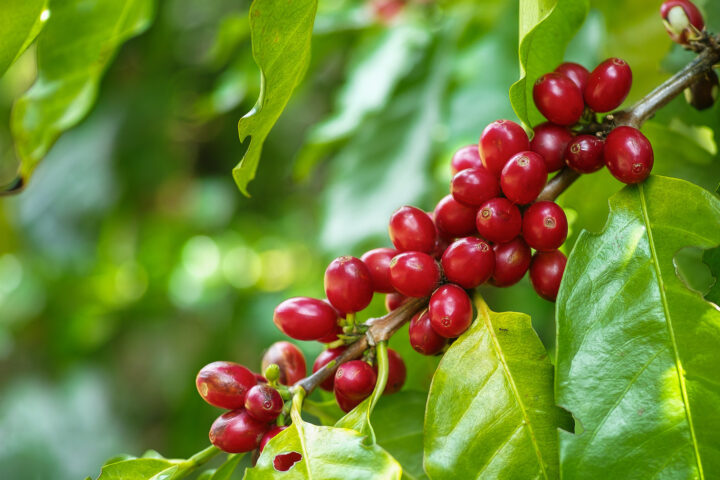
Der kleine, aber feine Unterschied auf dem Teller und in der Tasse
Besserer Kaffee, verträglichere und länger haltbare Grundnahrungsmittel – die modernen Ansätze der Biotechnologie werden unseren Konsum nachhaltig beeinflussen. Zum Wohl vieler Menschen und der Umwelt.
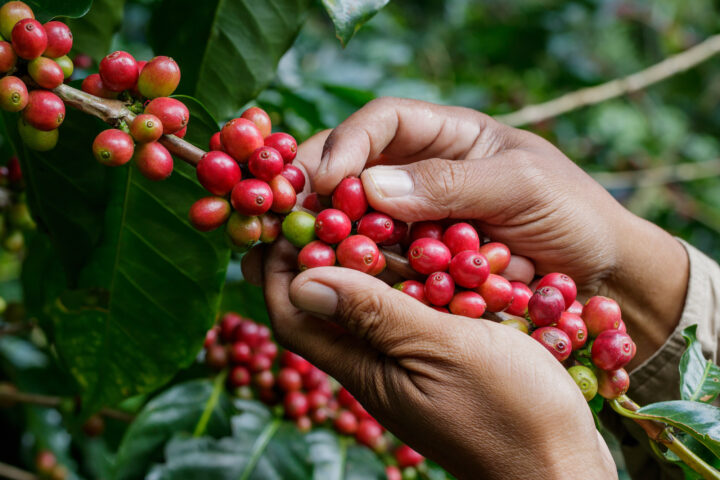
Klimawandel bedroht Zukunft des Kaffees
Bis zum Jahr 2050 könnten 50 Prozent der Flächen für den Kaffeeanbau verschwinden. Besonders betroffen wären die beiden grössten Kaffeeproduzenten, Brasilien und Vietnam.

La fine, mais subtile différence dans la tasse et sur l’assiette
Un meilleur café, des aliments de base plus digestes et qui se conservent plus longtemps: grâce aux méthodes de la biotechnologie moderne, nos habitudes de consommation vont durablement se modifier.

Le changement climatique menace l’avenir du café
D’ici à 2050, 50% des surfaces consacrées à la culture du café pourraient être amenées à disparaître. Les deux plus grands pays producteurs de café, le Brésil et le Vietnam, seraient les premiers touchés.
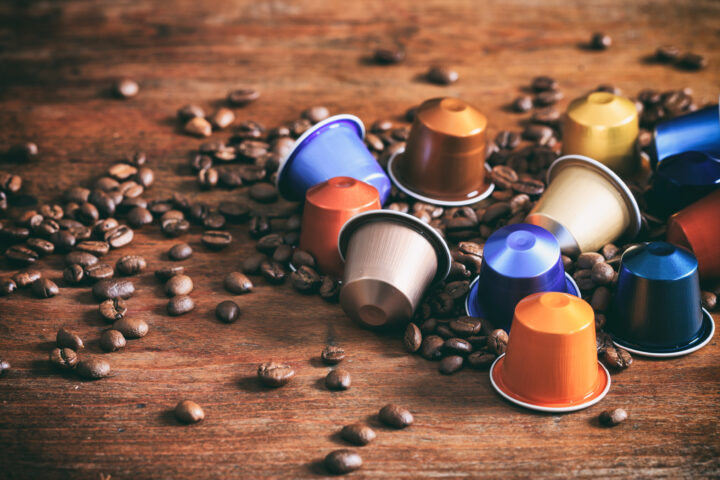
The EU's Misguided Ban on Coffee Capsules
The EU is contemplating a ban on coffee capsules, with a draft legislation already put forward by the EU Commission. Should this law pass, only compostable coffee capsules would be permitted.

Climate change threatens the future of coffee
By 2050, 50 percent of the areas used for coffee cultivation could disappear. The two largest coffee producers, Brazil and Vietnam, would be particularly affected.

Price explosion for coffee, cocoa and olive oil
The prices for cocoa, coffee and olive oil have reached new record levels in recent months. Consumers will be particularly affected in 2025 – they will feel the price increase massively. Innovations such as new breeding technologies or modern crop protection products could help – but for that, politicians would have to create the right framework conditions.

Cultural heritage from the laboratory – is it time to rethink?
Would you drink laboratory-made coffee? A beverage that actually has nothing to do with coffee beans. Perhaps you would try it once? Or would you switch completely? These questions could soon be on your mind.
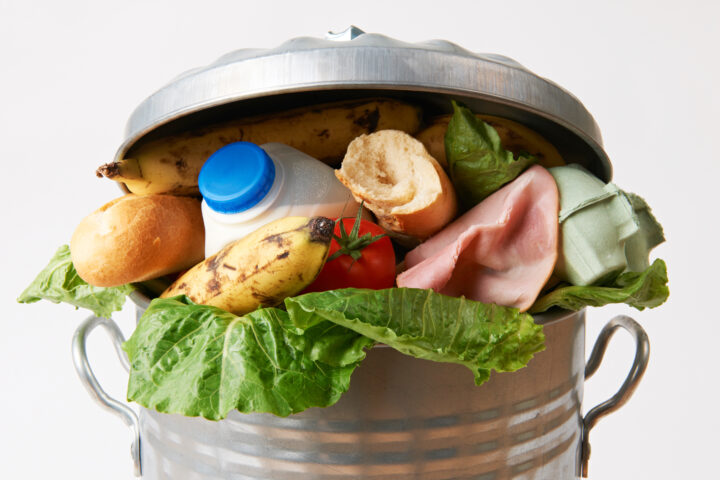
Food waste is harmful to the environment and to the wallet
In the Swiss food chain – from producers to consumers – considerable amounts of food are lost each year, which would still be perfectly suitable for consumption.
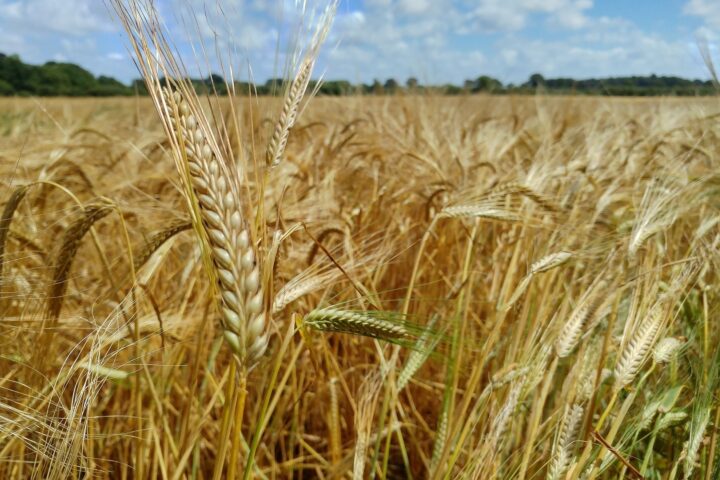
«Pesticides are a technology that support civilization»
Synthetic pesticides enabled the transition at the end of the 19th century from an era of periodic famines to an age of food security. For this reason, it is clear to the University of Göttingen’s Professor Andreas von Tiedemann that pesticides are a cornerstone of modern society.
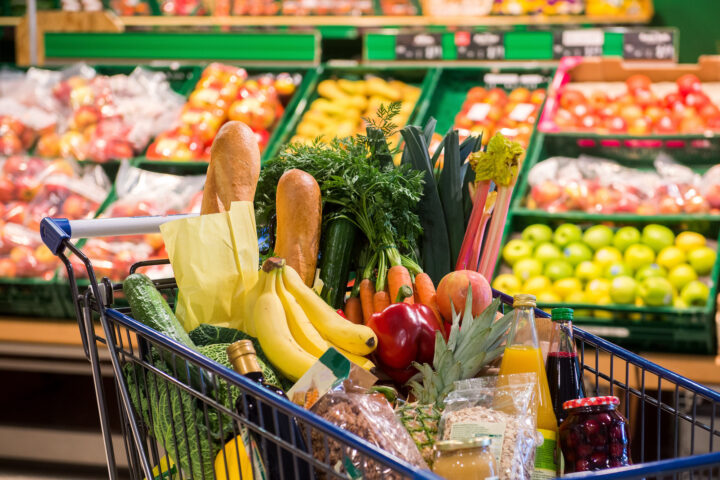
Many groceries are becoming more expensive
The meagre harvests of last summer will have an effect well into the new year. Rising raw material prices are leading to sometimes significant price increases in stores. Dairy and wheat products such as bread and pasta are particularly affected.
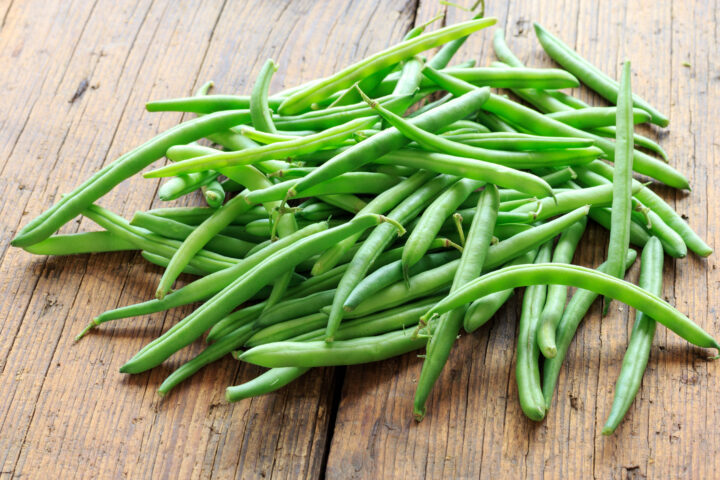
"Even with little processed food, you can cook yourself an unhealthy meal - and poison yourself fabulously"
Additives in food unsettle many people. But do thickeners and emulsifiers really harm us? Food chemist Daniel Wefers dispels prejudices - because some additives are actually beneficial for the body.
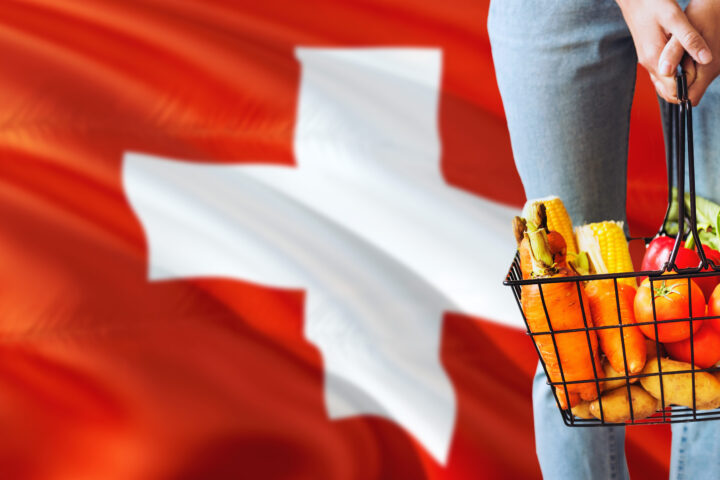
Global events require adjustments
The Swiss want as much local food as possible on their plates. A desire that is becoming increasingly difficult to fulfil. Farmers are finding it increasingly difficult to protect their harvests. No wonder the level of self-sufficiency is falling.
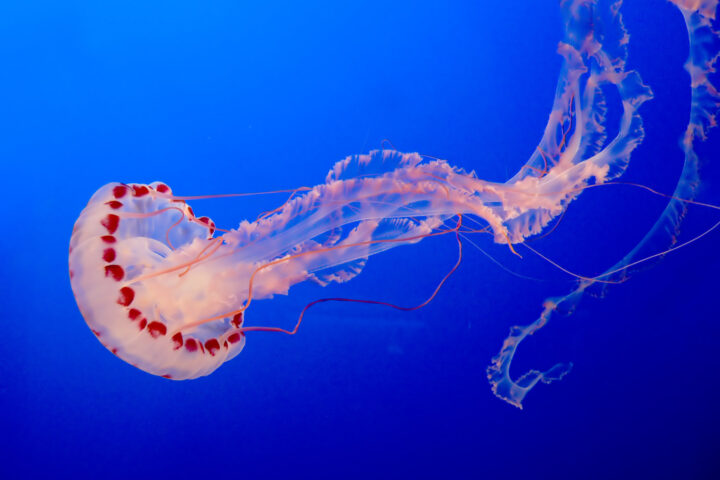
Why jellyfish could soon end up on our plates
Will jellyfish become the new star in the superfood sky? Experts recommend eating them and rave about the slippery sea creatures as a new source of protein. However, such products have yet to be authorised.
'Pure hubris'
‘In future, bakers will be paying to save steelworks with their electricity purchases,’ says the head of sustainability and economic policy at the sgv. He argues that politicians have no way of knowing which industries will be the most promising in the long term.

Natural is naturally dangerous – Why the plant's own poisons are underestimated
Many believe that natural foods are safer than those with synthetic pesticides. But plants produce their own poisons – and these are often just as risky. While artificial residues are regulated, natural defences are largely ignored. A fallacy, as scientist Bruce Ames shows.

Broccoli and cauliflower in short supply – is there a hunger gap coming?
Extreme weather and pests are threatening the supply of broccoli and cauliflower in Europe – and Switzerland. The shortage is mainly due to last year's devastating floods in Valencia. These popular vegetables could become scarce, especially in spring. However, the industry is already working on innovative solutions.

Olive oil is becoming a luxury product – and rapeseed is in a tight spot
Olive oil is now so expensive that supermarkets in southern Europe have to chain up their bottles. Poor harvests in Spain and Italy have caused prices to skyrocket. Rapeseed oil could be an alternative – but precisely its cultivation is coming under pressure.

